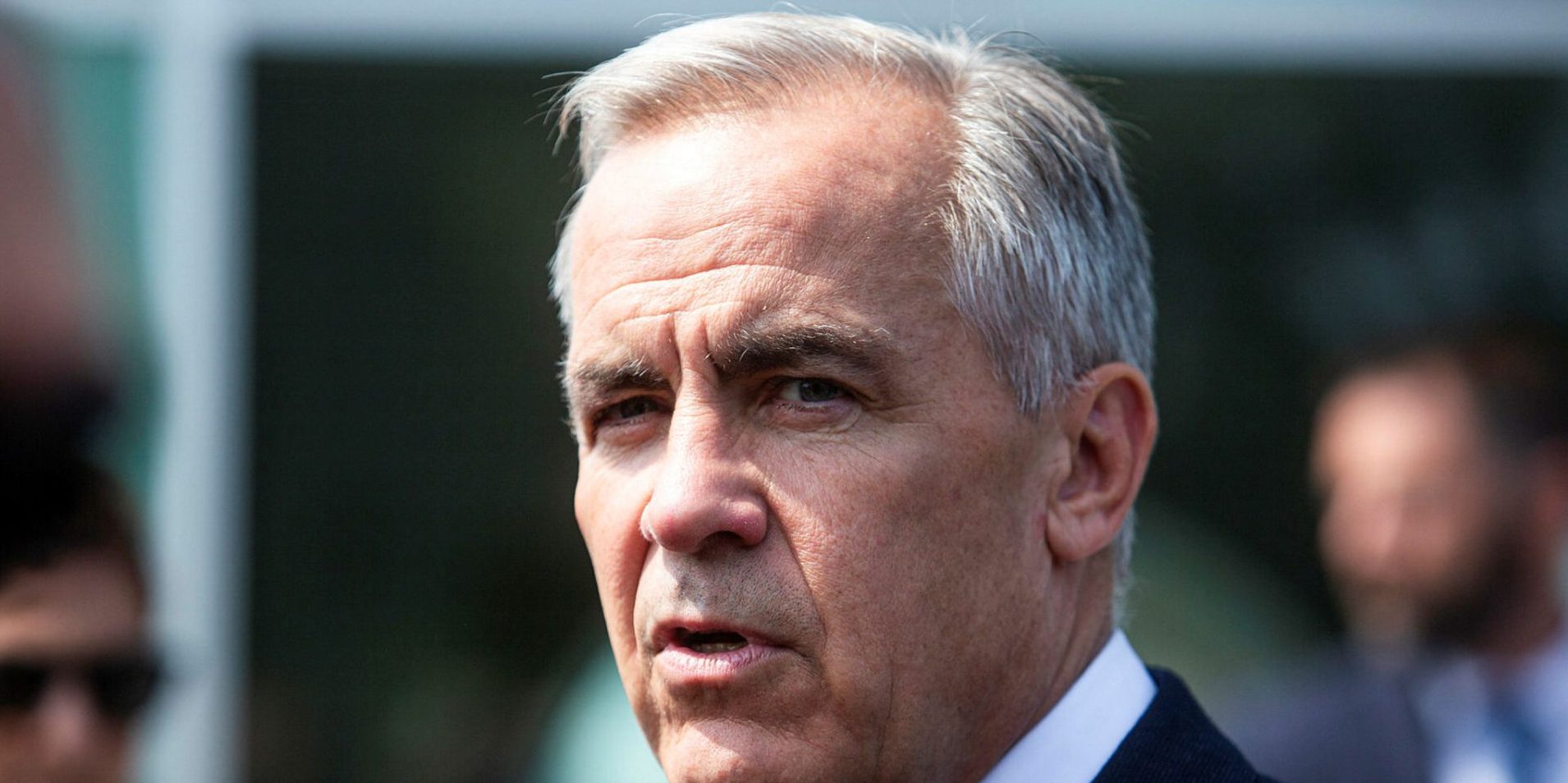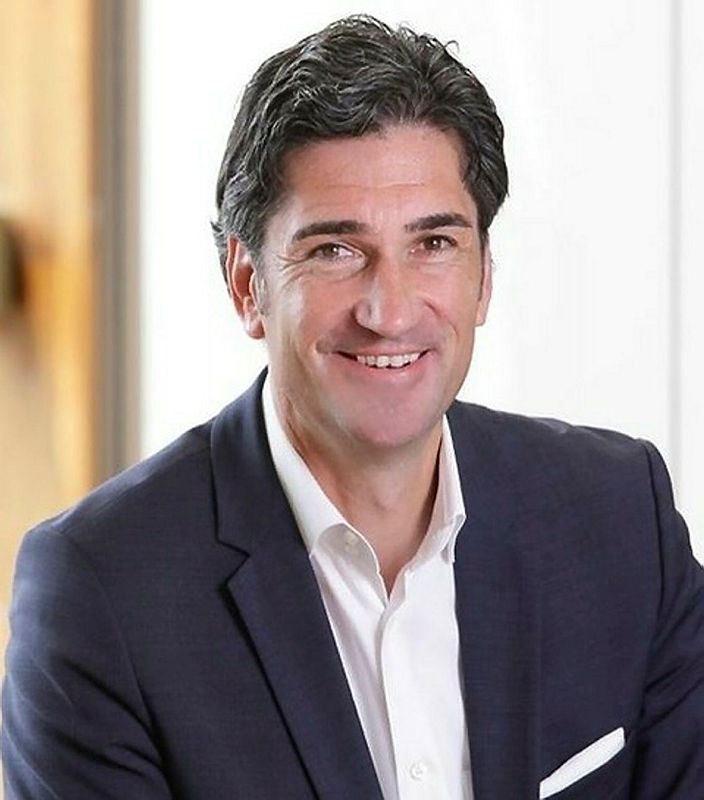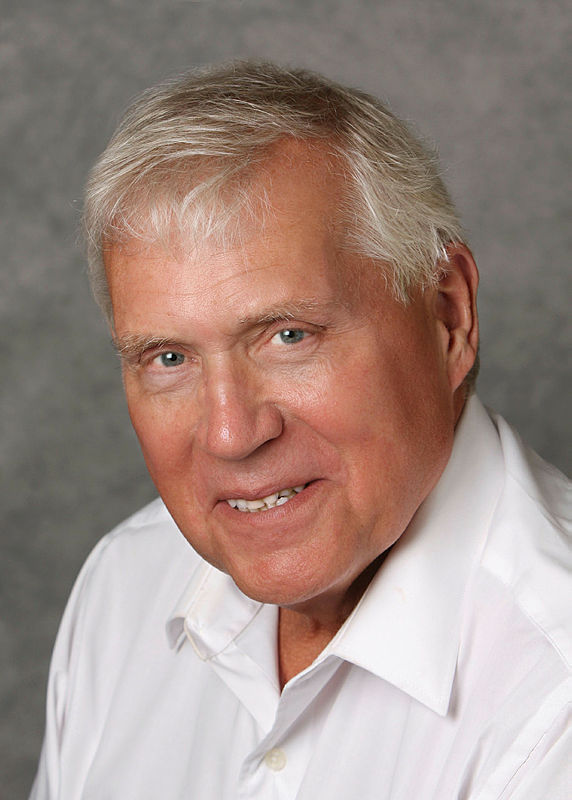U.S. a ‘wildcard’ in Canada-Mexico trade talks, but Canada has advantages in domestic energy and advanced manufacturing, say experts

Expanding trade between Canada and Mexico is complicated by the overpowering economic weight of the United States in the middle, but our country does have some advantages, including expertise in clean energy, mining, and advanced manufacturing, say business and trade experts.
“The [Canada-United States-Mexico Agreement] makes the Canada-Mexico link always contingent … on the activities that are happening in all three countries, plus the 800-pound gorilla that sits there and could, at any time, just throw something at Mexico that would either threaten them or just make it easier to receive from the U.S. some counter benefits,” said Andreas Schotter, a professor of international business at Western University.
“Imagine Canada and Mexico, they come to some kind of agreement, and then [U.S. President Donald] Trump easily divides again because he said, ‘Mexico, if you do this, you don’t get this. And Canada, you do this, [and] you don’t get this.’”
During a press availability in the Oval Office on Aug. 14, Trump said “Mexico does what we tell them to do, and Canada does what we tell them to do because we have the two borders.”
Trade tensions between Canada and the U.S. escalated on Aug. 1 when Trump increased tariffs to 35 per cent on goods from this country that don’t comply with the Canada-United States-Mexico Agreement (CUSMA). Mexico, however, received a 90-day reprieve from the threatened higher levies.
On Aug. 5-6, Finance Minister François-Philippe Champagne (Saint-Maurice—Champlain, Que.) and Foreign Affairs Minister Anita Anand (Oakville East, Ont.) visited Mexico to discuss strengthening the two nations’ strategic partnership, including economic growth, the possibility of increased trade, and security.
Schotter told The Hill Times that both Canada and Mexico know that over-reliance on the American market leaves them vulnerable to political swings from Washington, D.C., “especially under Trump’s more aggressive trade stance.” However, the trade flows between Canada and Mexico are modest compared to each country’s trade volumes with the U.S., which could mean there is “less political urgency to make big concessions to each other,” he said in an Aug. 13 emailed statement.
Mexican President Claudia Sheinbaum said during an Aug. 7 press conference that since her country, Canada, and the U.S. are a part of CUSMA, there is “no need” for a bilateral deal, as reported by Global News. Sheinbaum also said Prime Minister Mark Carney (Nepean, Ont.) is expected to visit Mexico for direct talks on a date to be announced.
About 75.9 per cent of Canada’s exports were destined for the U.S. in 2024, according to Statistics Canada. That same year, about 80 per cent of Mexico’s goods went to the U.S., according to the Office of the United States Trade Representative.
Schotter argued that, without scale, negotiations between Canada and Mexico “could stall or deliver token wins.”

“If President Sheinbaum’s government remains focused on U.S. relations and domestic reforms, Canada risks being a secondary partner, with co-operation limited to symbolic announcements rather than deep, tangible agreements,” he said by email.
In terms of what Canada could potentially offer Mexico outside of CUSMA, Schotter pointed to reliable energy imports, arguing that this country could help meet Mexico’s energy needs with stable, long-term contracts, especially for heavy crude and liquid natural gas.
“Canada could supply more oil, gas, and renewables technology to Mexico, especially as Mexico modernizes its power grid,” he said in the email.
He also argued Canada has expertise to offer in clean energy, mining, and advanced manufacturing, which could be appealing to Mexico in upgrading its industries.
In a follow-up phone interview, Schotter said that Canada has a “fairly active” artificial intelligence (AI) cluster, particularly around the Greater Toronto Area (GTA).
The Toronto region includes a dense cluster of 273 AI firms, according to the City of Toronto’s website.
“There’s an opportunity here to connect businesses from the GTA on internationalization paths with Mexican businesses. Same thing on mining. This is a clear strength,” said Schotter.
Ian Lee, an associate professor at Carleton University’s Sprott School of Business, told The Hill Times that he doesn’t consider there to be any significant trade irritants between Canada and Mexico, but said the issue of how each country handles trade with China could be a significant factor in the first joint review of CUSMA expected on June 30, 2026.

“I think the elephant in the room when they get to these [CUSMA] discussions is going to be hammering out a common position on the treatment of Chinese goods coming into North America,” he said.
“The three different countries are sovereign and they have different strategic objectives, and the country that’s the most concerned about China is the United States … [and] when Donald Trump leaves office … the concern of the Americans at the top—the decision-making people at the top—is not going to go away. This is a long-term issue that will have to be addressed in the next CUSMA.”
In March, Ottawa responded to U.S. tariffs by placing a 25 per cent tariff on $29.8-billion in U.S. products, including some imports that fall under CUSMA, such as orange juice, motorcycles and appliances.
U.S. Ambassador to Canada Pete Hoekstra said that Canada’s counter-tariffs on certain American products has “pulled the rug out from [CUSMA],” during an interview with Global News on Aug. 14.
Charles-Étienne Beaudry, a political studies professor at the University of Ottawa and author of Radio Trump: How He Won the First Time, told The Hill Times that a key consideration in advance of the CUSMA renegotiations could be for Canada to make improvements to the Temporary Foreign Worker program, upon which he said many people from Mexico rely.
In 2024, more than 52,000 Mexican workers came to Canada under that program and the International Mobility Program, according to the Government of Canada website.

“Many Mexicans are happy to come work in Canada with this program, but this program has problems, so that makes the relationship between Canada and Mexico less perfect than it can be,” said Beaudry.
“[Mexican workers] want to benefit from this program. They want to participate, but they want their workers to feel respected and equal, and that would be a great way to polish our relationship.”
The United Nations’ special rapporteur on contemporary forms of slavery, Tomoya Obokata, released a report in July 2024 in which he called Canada’s Temporary Foreign Worker program a “breeding ground for contemporary forms of slavery.”
In his report, Obokata said he had received reports of underpayment and wage theft; physical, emotional and verbal abuse; excessive work hours; limited breaks; and a lack of personal protective equipment, including in hazardous conditions, among other issues.
“Women reported sexual harassment, exploitation and abuse. Fraud is also an issue, as some workers reported receiving false assurances that their employers had undertaken a labour market impact assessment or applied for permanent residency, only to find out that they had fallen out of status,” reads the report.
After the report’s release, then-immigration minister Marc Miller (Ville-Marie-Le Sud-Ouest-Île-des-Soeurs, Que.) said he objected to the use of the phrase “contemporary slavery” in reference to the temporary foreign worker program, but also acknowledged the abuses outlined in the report and said they need to stop, as reported by CBC News.
Shauna Hemingway, the senior special adviser on Mexico and the Americas for the Business Council of Canada, told The Hill Times that a single free-trade deal—in this case, CUSMA—is important, as opposed to developing multiple bilateral deals—such as one between Canada and Mexico—that could create a “spaghetti bowl effect” of businesses navigating many agreements.

“A lot of Canadian businesses are very focused and concerned with making sure that their goods that they’re shipping out are compliant with the [CUSMA], and there’s not an insignificant process and paperwork that needs to be done for that,” she said.
“The more agreements that they need to provide that compliance for, the more work is doubled or tripled for businesses. It’s best if you have one solid agreement under which you have reliable, predictable rules, transparent rules … and that’s the best way to grow your trade with a country.”
When it comes to Canada diversifying trade, she said improving trade with Mexico is an obvious first place to stop.
“In the case of Canada and Mexico, everyone’s agreed for a long time that relationship could be stronger, could be deeper, could be strengthened. What we’ve seen is, we haven’t necessarily had the incentives in place to take advantage of all the potential that the relationship offers,” she said.
“We’ve seen over the last year that many components are in place for us to take those steps now, and businesses have been doing it. We’ve seen a very significant increase in Canadian investments in Mexico, for example, in the last three to five years.”
Hemingway said Canada and Mexico are both very committed to free and fair trade, and committed to “a rule-based system for trade” that provides predictability.
“I think, for Canada, it’s essential that we capitalize on every opportunity with the partners that we see eye-to-eye with, and to reach stability in all of our relationships, even where there are irritants or some difficulties that we have to overcome,” she said.
“We’re very complementary in terms of agri-food. We’re both very focused on securing or achieving food and energy security for our country. There are opportunities, as well, in terms of the future of industry as we look ahead [at] how we integrate AI into our supply chains, and how we trade and build and create together. That’s an area for the opportunity.”
Hemingway said there are opportunities to strengthen infrastructure between Canada and Mexico. As an example, she cited increased rail access between the two countries. On April 24, 2023, the “Falcon Premium” rail service began operation, allowing the transportation of goods between Canada, the U.S., and Mexico.
U.S. Treasury Secretary Scott Bessent discussed international trade during an interview with Fox News host Larry Kudlow on Aug. 12. During the interview, Bessent spoke of a trade strategy wherein the U.S. would treat the wealth of allied nations as an American “sovereign wealth fund,” with the U.S. president deciding how that money would be directed to build American factories and reshore industries.
Flavio Volpe, president of the Automotive Parts Manufacturers’ Association of Canada and a member of the prime minister’s Council on Canada-U.S. Relations, called that portion of the interview “a must-listen for everyone who thinks we should have already made a deal of some sort with the sharks,” in a post on X on Aug. 13.
“We are in the middle of what history will remember as an inflection point for the West,” Volpe wrote in the post.
Other reactions online include a post on LinkedIn by Manish Singh, chief investment officer at Crossbridge Capital Group in London, U.K., who said the interview was extraordinary.
“Even Fox News host Larry Kudlow recoils, calling it ‘offshore appropriation’—a polite way of saying theft,” said Singh in the LinkedIn post. “The logic is plain: with wars now too costly to fight, the U.S. turns to plundering its own ‘allies,’ exploiting their dependence on American ‘protection.’”
jcnockaert@hilltimes.com
The Hill Times






 LICENSING
LICENSING PODCAST
PODCAST ALERTS
ALERTS













